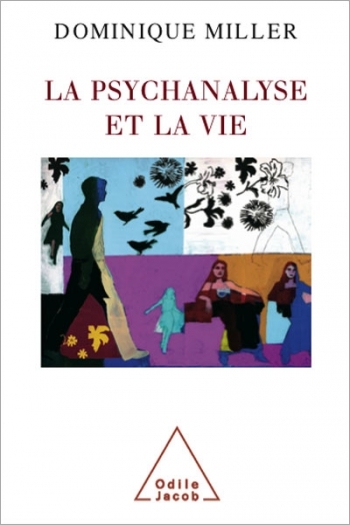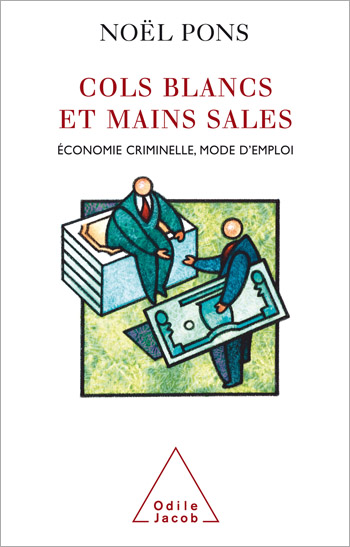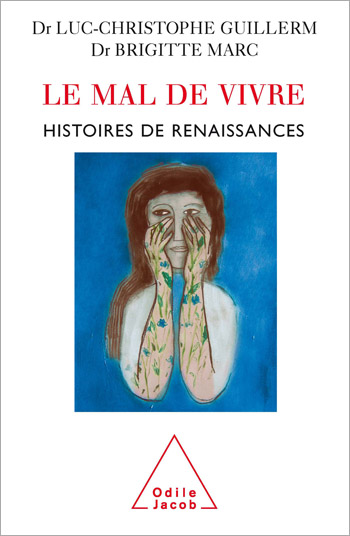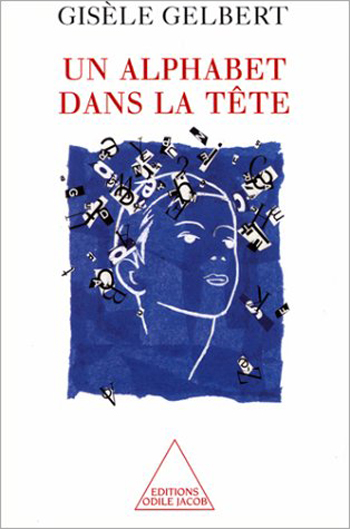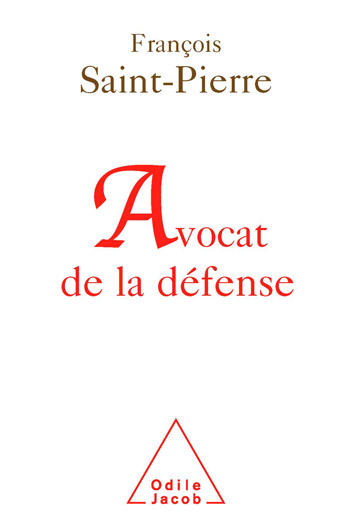Catalog All books
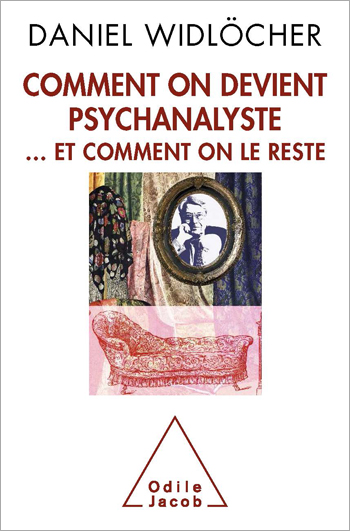
Daniel Widlöcher
How to Become a Psychoanalyst And Not Give Up
A master of psychoanalysis recounts how his career and his thinking made him who he is
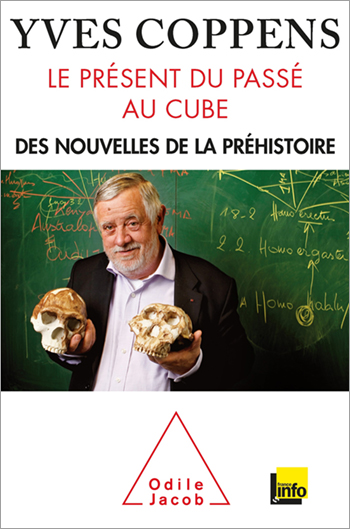
Yves Coppens
The Present of the Past to the Third Power Prehistoric News
Yves Coppens reveals the latest archaeological findings and recreates prehistoric life with amazing precision
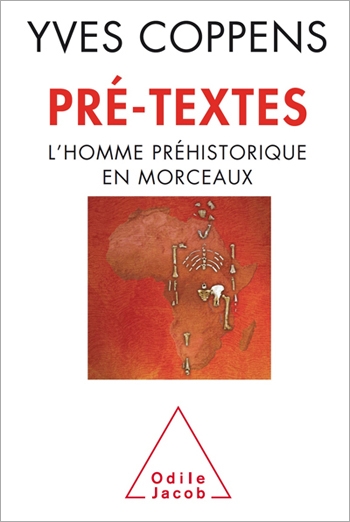
Yves Coppens
Pretexts
In these short essays, Yves Coppens makes us discover the most recent findings in prehistory. A masterly lesson.
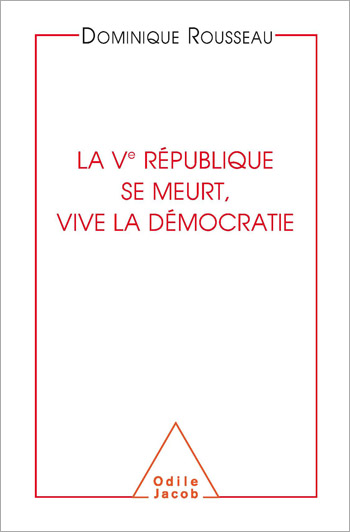
Dominique Rousseau
The Fifth French Republic Is Dying! Long Live Democracy!
The First French Republic was consular, the Second was presidential, the Third and Fourth were parliamentary, but the Fifth seems to have no distinguishing qualities.

Stuart J. Edelstein
From genes to genomes
Rapid progress in the field of genetics is changing our lives in more ways than one. In order to understand these changes, Stuart Edelstein has approached each facet of the subject from three points of view: contemporary society and politics; technical developments; and basic research. By keeping to some fundamental points, this book will enable the lay reader to understand before judging the social implications of recent discoveries in biology. This is science with a civic sense. Stuart Edelstein teaches biochemistry at the University of Geneva.
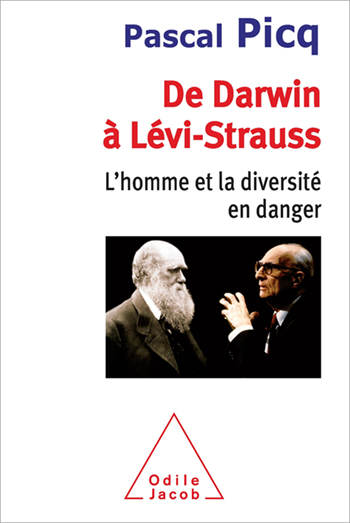
Pascal Picq
From Darwin to Lévi-Strauss
An appeal by an eminent scientist for greater biodiversity, in Nature and humans

Daniel Sibony
Islam, Phobia, Guilt
The uneasy relations between Islam and the West, analysed by the psychoanalyst Daniel Sibony
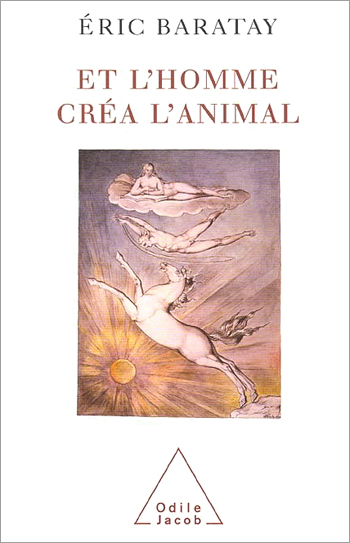
Éric Baratay
And Man Created the Animal History of a Condition
In this book, Baratay holds a mirror up to humanity. He reviews the changing status of animals throughout human history: from ancient myths about animal domestication to the invention of bullfighting, from the great pastoral epics to modern slaughterhouses, from the ancient role played by animals in the human imagination to modern laboratory testing. Eric Baratay is a historian specialising in the contemporary world and in the status of animals.
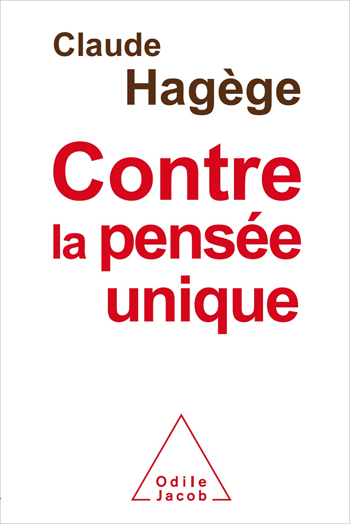
Claude Hagège
Against Uniform Thinking
The threat of uniform thinking, relayed notably through the English language, should lead us to react in defence of linguistic and cultural diversity.

Pierre Buser
Neurophilosophy of the Brain Neurons That Aspire to Explain the Mind
A highly topical discussion, linked to the latest findings in the neurosciences: is it still relevant nowadays, given recent neurobiological research.


